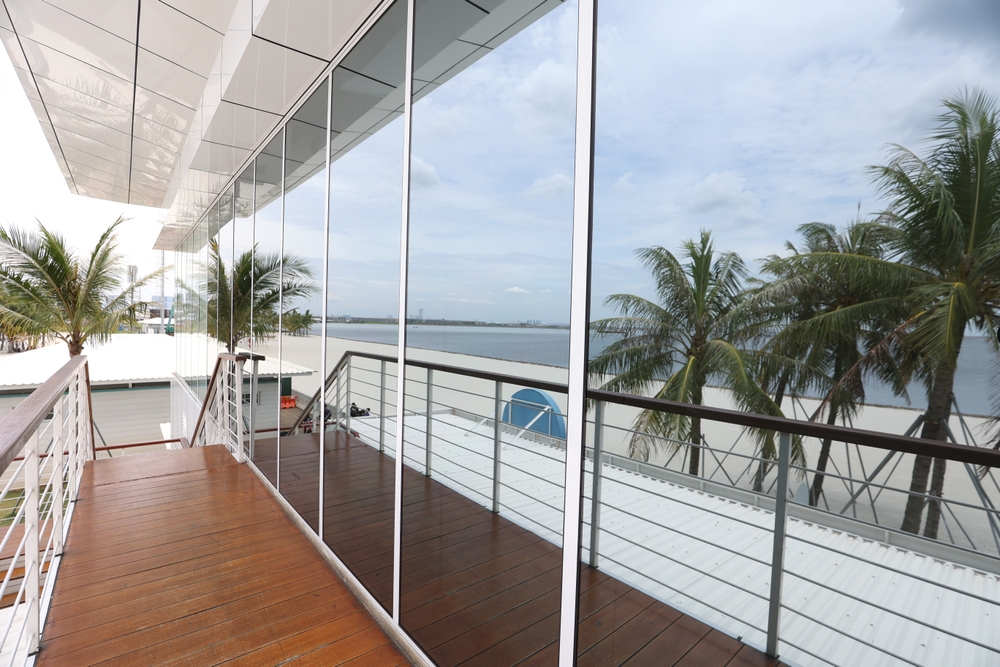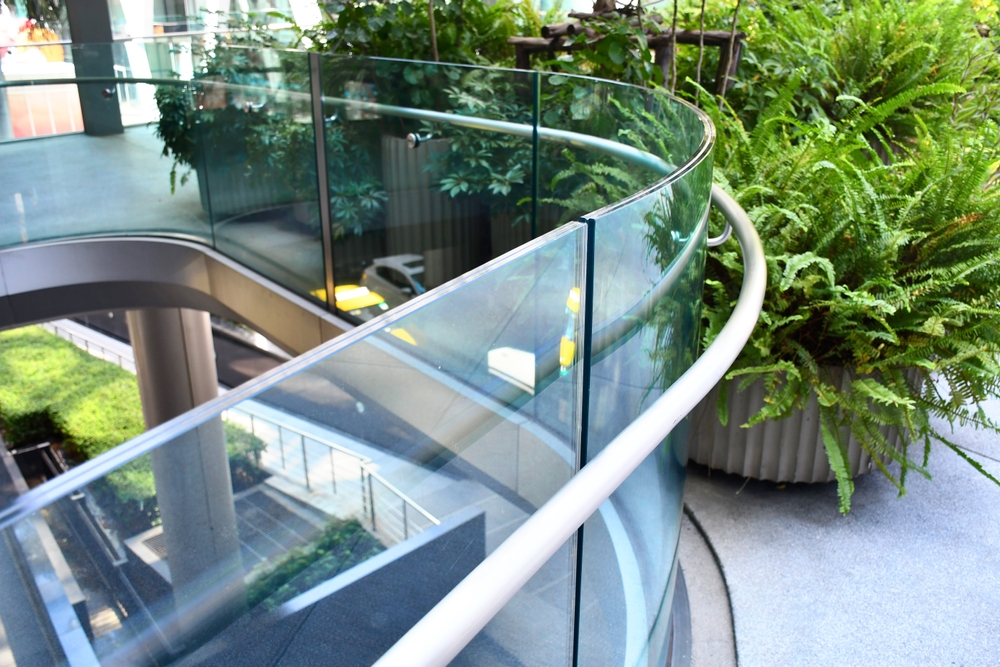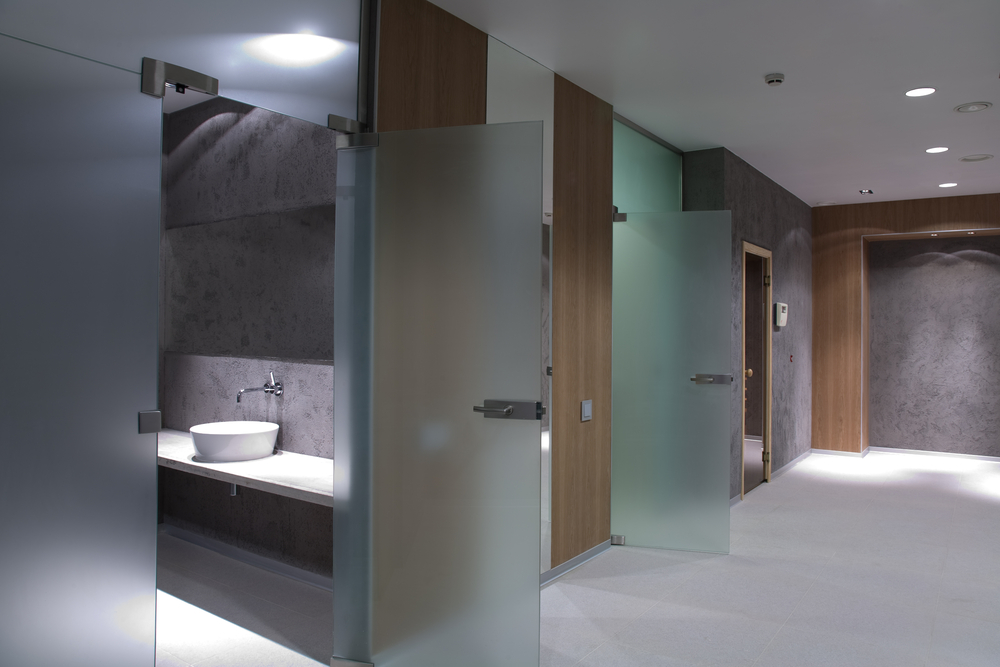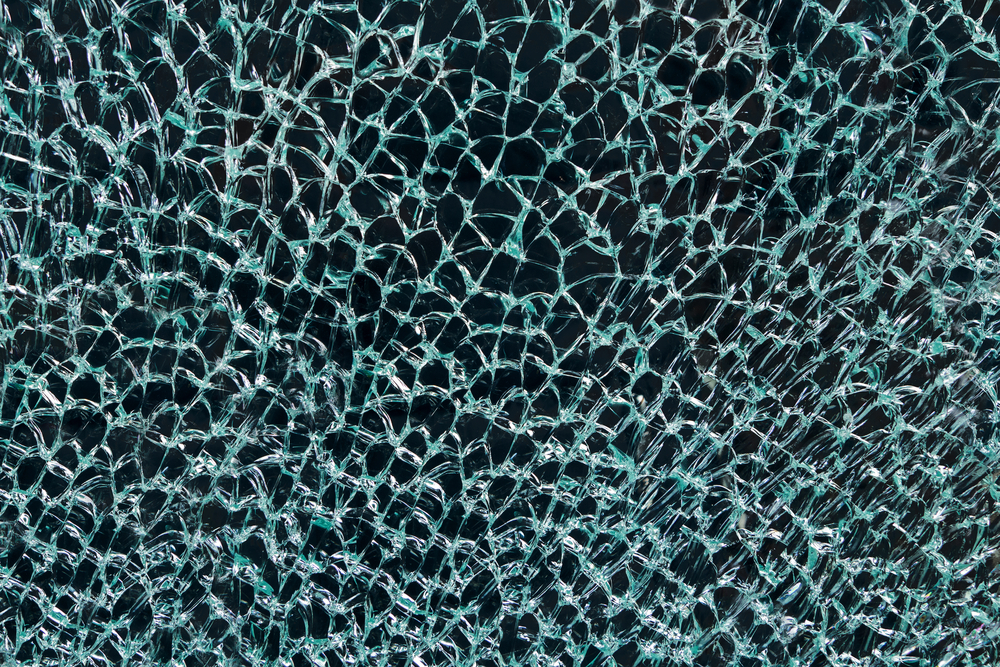Glass Lamination & Glazing
Polymer films are used in glass lamination and glazing to enhance both structural integrity and functionality of glass. Glass lamination and glazing films make glass and windows safer, more durable, and versatile.
Films used in glass lamination and glazing applications are typically TPU (thermoplastic polyurethane) or EVA (ethylene vinyl acetate) film. Argotec high-performance interlayer films are used in automotive manufacturing, aerospace, aviation, residential buildings, commercial architecture, safety & defense, and other emerging industries. To learn more about glass lamination and glazing films, contact the Argotec team today!
The Glass Lamination Process
Glass lamination bonds two or more glass panes with a high-performance interlayer film, resulting in a single, robust piece of glass that retains structural integrity even upon impact. Glass lamination and glazing methods can vary, and depend on multiple factors.
The experienced Argotec team develops glass lamination and glazing films that meet the specific needs of your development processes and end goals.

The bonding process occurs at high temperatures, typically between 100-140 degrees Celsius. The heat causes the interlayer film to melt and adhere to the glass surfaces, creating a strong bond.
Because the heat required in individual processes may differ, Argotec engineers determine the most appropriate resins when manufacturing your glass lamination and glazing films.

The glass lamination process involves several steps. First, the glass sheets are thoroughly cleaned to remove any dirt, dust, or oils that might affect the bonding process. Next, the interlayer film (TPU or EVA) is placed between the glass sheets. The assembly is then placed in an autoclave, a machine that applies heat and pressure to bond the glass and film together.

The assembly is then cooled under controlled conditions to prevent thermal stress and distortion. The thickness of the glass lamination film and the number of glass sheets used can be varied to achieve different levels of safety, sound insulation, UV protection, and security. For instance, thicker interlayer films and more glass layers result in stronger and more impact-resistant laminated glass.
The end result of glass lamination is tough, durable glass that can be used in a variety of applications, including:
- Architectural Features
- Automotive Glass
- Bulletproof Glass
- Spall Defense
- Smart Glass
- Weather-Resistant Windows
About Glass Lamination Polymer Films
Two of the most commonly used materials in the glass lamination process are TPU and EVA films. TPU, or thermoplastic polyurethane, films are renowned for their excellent clarity, toughness, and flexibility. They possess high tensile strength and elasticity, making them ideal for applications requiring maximum impact resistance.
EVA, or ethylene vinyl acetate films are known for their remarkable bonding strength, UV resistance, and sound insulation properties. They are also easier to process and more cost-effective compared to TPU films, making them a popular choice in various applications.
Argotec is the leader in extrusion science, allowing our team of experts the ability to customize high-performance polymer films for numerous glass and glazing applications.

Argotec glass and glazing films are optically clear, meaning they do not affect the transparency and clarity of the laminated glass. They also come in different thicknesses and can be customized to meet specific requirements.
Laminated Glass Applications
The applications of Argotec glass lamination and glazing films are diverse and far-reaching. In the automotive industry, laminated glass is used for windshields to provide safety and sound insulation. In the architectural sector, it is used for windows, skylights, facades, and safety barriers, providing safety, security, and aesthetic appeal.
In the aerospace industry, laminated glass is used for aircraft windows to provide safety, sound insulation, and UV protection. Laminated glass is used to create bulletproof and blast-resistant glass for military vehicles, bank teller windows, and other high-risk areas.


Furthermore, the glass lamination process enables the creation of smart and privacy glass. Smart glass, also known as switchable glass, changes its light transmission properties when voltage, light, or heat is applied. It can switch from transparent to opaque, providing privacy on demand. This feature is desirable in offices, hospitals, and residential buildings.
Privacy glass, on the other hand, is a type of laminated glass that uses a privacy film as the interlayer. The film can be frosted, tinted, or patterned, providing visual privacy while still allowing light transmission. This type of glass is commonly used in bathrooms, office partitions, and decorative applications.
Benefits of Argotec Polymer Films in Glass Lamination Applications
Argotec TPU and EVA films offer many benefits in glass lamination. Glass laminated with Argotec polymer films can provide enhanced safety and security. The interlayer film holds the glass fragments together in case of breakage, preventing injuries from falling or flying glass shards. This characteristic is particularly beneficial in the automotive and architectural industries. Polymer film is also found in ballistics glass and used for defense and safety applications.
Glass lamination also offers superior sound insulation. The interlayer film acts as a barrier that absorbs and dampens sound vibrations, reducing noise transmission. This feature is desirable in noise-sensitive environments such as offices, hospitals, and residential buildings.
TPU and EVA laminated glass provides strong UV protection. The interlayer films used in the lamination process can block up to 99% of harmful UV rays. This feature helps to protect interior furnishings and artwork from fading due to prolonged UV exposure.
Argotec engineered films are designed to be easily customizable for your glass lamination needs. To learn more, contact our glass lamination films experts today!

